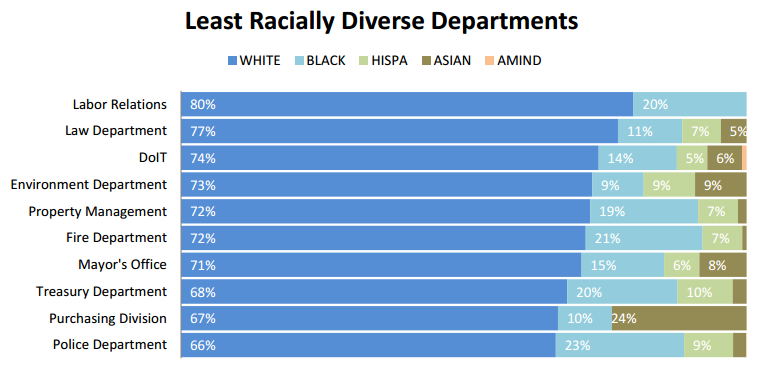Link Roundups feature articles and bits of internet goodness that our dramaturgy team digs up. If you find something you want to send our way, drop us a line on Facebook or Twitter!
♦♦♦♦♦
KQED has a story about how the arts can make people more empathetic:
“The arts act as an antidote to that estrangement,” Zaki added, “[and] provide you with a very low risk way of entering worlds and lives and minds that are far from what you would normally experience.”
One study found that reading literature, but not junk fiction, increases a person’s ability to be empathetic. Though Zaki wondered “does reading make you more empathetic, or does being more empathetic make you want to read more fiction?”
People, and some animals, come into the world ready for empathy, because we’re born with what are called mirror neurons. And Zaki believes the arts can stimulate those neurons.
♦♦♦♦♦
On HowlRound, playwright Kira Obolensky talks about how writing for a specific audience has changed her process:
Hayley: I love this notion of “casting” the audience into the piece. Imagining them. And that’s been a shift for you in this residency, even though you’ve written for Ten Thousand Things before.
Kira: I think I’m getting better at it. And I think it is making my plays better. I think, actually, if every playwright—even if they didn’t have access to these amazing audiences—were to think about their plays with a bigger range of humanity in mind for receiving their play, we would have a canon of beautiful, complicated expressions of the world we live in.


